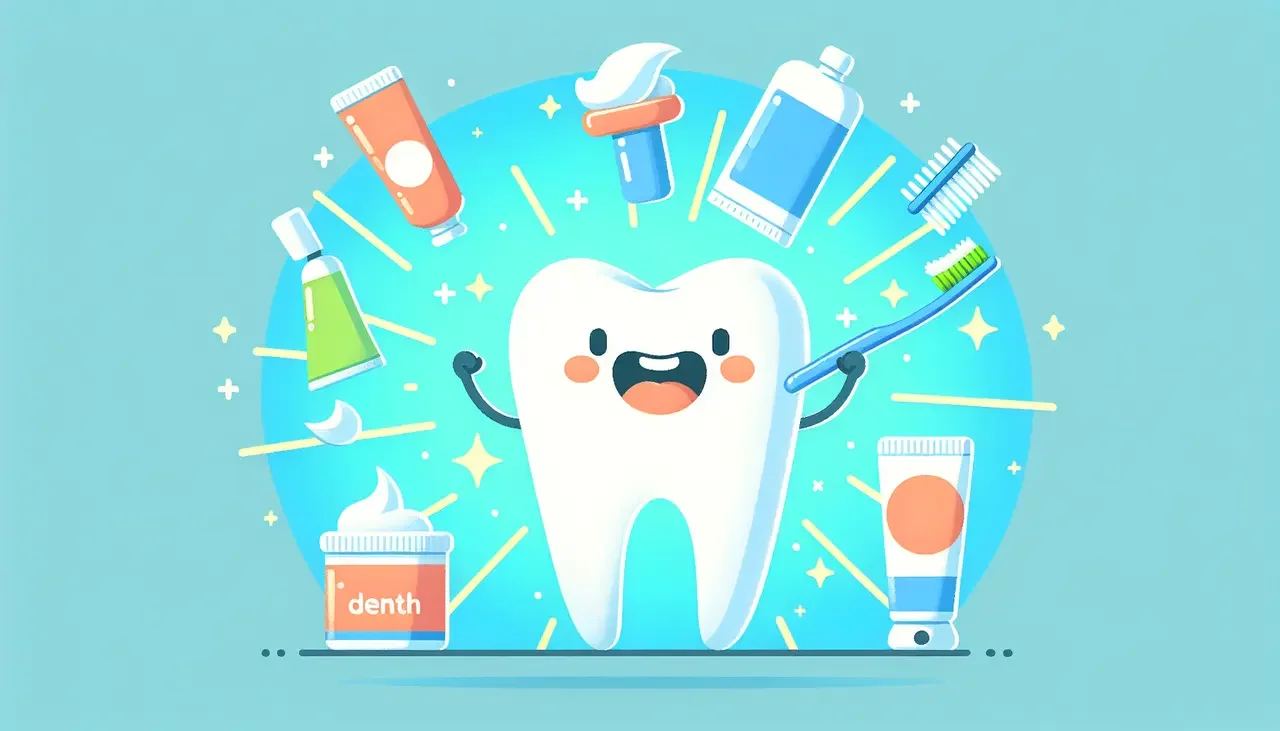7 Simple Tips for Dental Education to Brighten Your Smile
Welcome to a brighter smile! In this blog, we'll unravel some simple yet effective tips to improve your dental education and keep your pearly whites shining. Whether you're a dental newbie or just seeking refreshers, these tips will guide you to a healthier smile.
1. Understanding the Basics of Oral Hygiene
Begin with brushing twice a day and flossing daily. Recognize the importance of fluoride toothpaste and the correct brushing techniques for a thorough clean. It’s the groundwork of dental care. Daily flossing ensures that we reach those tight spaces between teeth that brushing might miss, reducing the risk of plaque buildup. Understanding these basics is a vital step towards maintaining excellent oral hygiene and preventing gum disease.
Moreover, choosing the right toothbrush and knowing how to use it effectively are equally important. Opt for a brush with soft bristles to avoid damaging your gums. Electric toothbrushes have improved over the years and can offer a more efficient clean than manual ones—especially if you struggle with mobility or dexterity.
2. The Role of a Balanced Diet in Oral Health
Discover how a diet rich in vitamins and minerals supports strong teeth. Foods like leafy greens, nuts, and dairy are particularly beneficial as they provide essential nutrients such as calcium and phosphorus. These elements strengthen tooth enamel, the outer protective layer of your teeth. Conversely, reducing sugar intake helps prevent tooth decay and cavities. Research indicates sugar's role in dental erosion highlights the importance of monitoring consumption.
Sticking to a balanced diet also boosts overall health. Consuming plenty of fruits and vegetables not only maintains robust oral health but also improves gum health through increased circulation of nutrients. Foods rich in vitamin C, like oranges and strawberries, directly benefit gum tissue and accelerate healing processes, making it crucial to incorporate them into your daily meals.
3. The Importance of Regular Dental Check-Ups
Learn why visiting your dentist twice a year is crucial for maintaining oral health. These check-ups help in early detection of potential issues and in keeping your smile in tip-top condition. During these visits, dental professionals can spot signs of cavities, gum disease, and even oral cancer early. Professional cleanings remove hardened plaque that regular brushing can't handle, thus preventing tooth decay.
Dentists also provide invaluable advice tailored to your specific needs, from adjusting your daily hygiene routine to recommending specialized dental products. Remember, these regular visits ensure minor issues don't develop into significant problems. So, consider them an investment in your long-term health.
4. How to Choose the Right Dental Products
Explore the variety of dental products available, from toothbrushes to mouthwashes, and understand how to select the best options for your individual needs. Opt for products endorsed by dental associations, as they are backed by research and quality assurance. Selecting the right toothpaste can target specific needs like sensitivity or whitening, while fluoride content is essential for cavity prevention.
For those with specific dental issues, there are targeted solutions like interdental brushes for tightly spaced teeth or orthodontic accessories for braces care. Don’t overlook the power of mouthwash in your oral hygiene routine—using an alcohol-free mouthwash can reduce plaque buildup and freshen your breath without causing dryness.
5. Techniques for Effective Brushing and Flossing
Mastering proper brushing and flossing techniques is key to efficient oral care. Let’s break down the steps to ensure every nook and cranny stays clean. When brushing, use a gentle circular motion and focus on all surfaces—outer, inner, and chewing surfaces of your teeth. Include your tongue to remove bacteria that cause bad breath.
Flossing should reach just below the gum line; use a new section of floss for each tooth to avoid transferring plaque. Floss picks can also be a convenient option for those who find traditional floss challenging to use. Remember, the goal is to complement brushing, not replace it.
6. Identifying and Avoiding Bad Habits
Identify habits that can harm your teeth, like nail biting or using teeth as tools, and learn strategies to avoid them, protecting your smile for years to come. These actions can lead to chipping, cracks, and even root damage while promoting bacteria transfer from your hands to your mouth.
Chewing on hard objects like ice or pens poses significant risks too. Substitute with healthier habits, such as using stress-relief items or chewing sugar-free gum to mitigate these tendencies. If you suspect nighttime grinding is an issue, consult your dentist for a mouthguard to protect against wear and tear while you sleep.
7. Staying Informed with the Latest Dental Education Resources
Keep your dental knowledge up-to-date by accessing credible resources. Whether it's online materials or books, staying informed ensures you are always taking the best care of your dental health. There are many platforms and scholarly articles available that provide insights into oral health. Checking reputable dental websites for new developments or subscribing to health-focused publications can keep you in the loop.
Joining dental education workshops or seminars can also offer hands-on experience and deeper knowledge. The more you learn, the better prepared you'll be to make educated decisions about your oral hygiene practices. Staying curious and proactive makes keeping your smile healthy an exciting journey of discovery.

